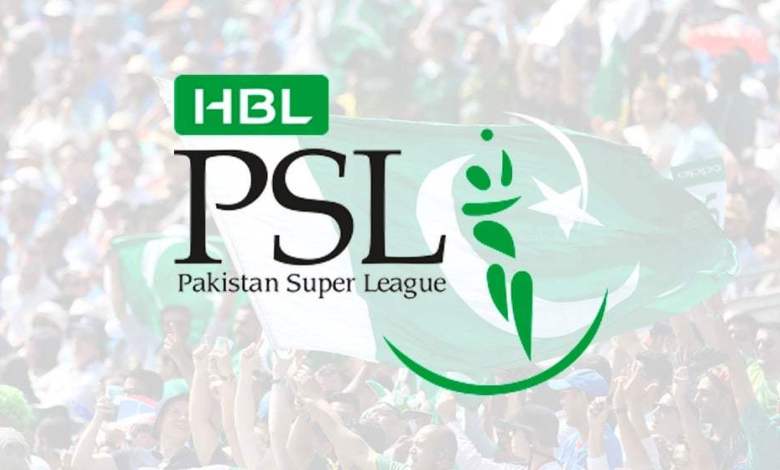Pakistan Cricket League to New Heights
This year is no different as indicated by the ‘I heart cricket’ boards over golden light balls that can be seen driving up and down Clifton Bridge. ‘Cricket has come back to Pakistan,’ is a popular slogan as all the PSL matches are being held on home turf. A far cry from 2015 when the United Arab Emirates hosted the tournament.
There was a time when a suggestion was floated to convert cricket stadiums into wedding lawns, so little was the hope that international matches would be once again played in the country. Now, the sale of tickets is an avenue for revenue as matches are held in stadiums across four cities: Karachi, Lahore, Multan and Rawalpindi, and PSL 5 Schedule have been designed for fans to get best of the best.
Keeping the joy of security conditions permitting domestic matches with international players aside, the business of cricket is hardly small and hardly transparent. A 2017 Bloomberg article quotes Arif Habib, the then PSL director, as having a market value of up to $300 million. This number could increase as much as fivefold if more matches were played at home, he said.
Similarly, a 2018 interview during the PSL Season 3 with the then PCB chairman Najam Sethi gave a conservative estimate of $600-800m. Together these statements indicate the PSL’s ballpark value to be of about $1.5 billion now, which is more than the combined value of Pakistan’s cottage industry exports of leather, medical instruments and sports goods in 2018. But there is no science behind this number. Comparisons with the Indian Premier League (IPL) are unfair given that it has been around for 12 years compared to the PSL’s four years and has a domestic market of 1.2bn people, six times Pakistan’s population of 207m.
However, there are lessons that can be learnt from the IPL’s success, such that it is. The IPL’s brand valuation report of 2018 by Duff and Phelps placed its overall value at $6.3bn. Just the global broadcast and digital rights were acquired by Star India for about $2.55bn for five years. As per information provided by industry experts, most teams’ sponsorship revenues increased by 20pc from 2017 to 2018.
On the other hand, we have off-the-cuff remarks of the PSL’s brand value. Repeated emails to the PCB for requests for financial information regarding the PSL have yet to be answered in a concrete manner. Similarly, attempts at contacting each of the teams through email, LinkedIn, Instagram and Twitter yield. In contrast, IPL’s King’s XI Punjab was prompt in its response to queries. If an outside investor wants to explore the PSL as an option, how then are they to contact the franchises? While the environment in Pakistan requires you to know someone for an ‘in,’ it is not the best way to manage an asset that is one of the best tools to influence the country’s image globally. While the PSL operates under the auspices of the PCB, there have been some attempts in the past to make it a separate entity registered under the Securities and Exchange Commission of Pakistan as a private company.
Politics and controversies of the PCB are old news. The PSL’s history is also murky with media reports pointing out anomalies. Allegedly, undue favor was extended to some firms as part of the process through which franchise rights were awarded no results. Each of the six franchises gets a share out of the central pool revenue streams, which include rights of broadcasting, sponsorship and apparel. Additionally, each franchise sells its own sponsorship rights such as the Bahria Town logo on the Karachi Kings’ jersey in the past.
While there has been hubbub surrounding their losses, there is no real information about their financial health any more than there is an independent valuation of PSL’s brand value and books. Islamabad United and Peshawar Zalmi have about 3.3m and 2.7m followers on Facebook, respectively. The other teams have more than a million followers each. Combined, the teams have fewer followers than IPL’s Chennai’s Super Kings.
Kat Irving is a reporter for Diving Daily. After graduating from NYU with a master degree in history, Kat got an internship at WABC-TV New York and worked on profiling local businesses. Kat was also was a columnist for the NPR. Kat mostly covers business and community events here at Diving Daily
